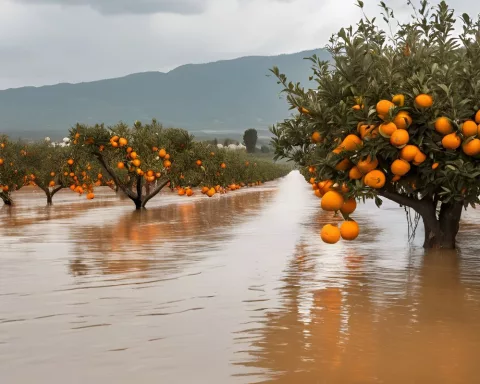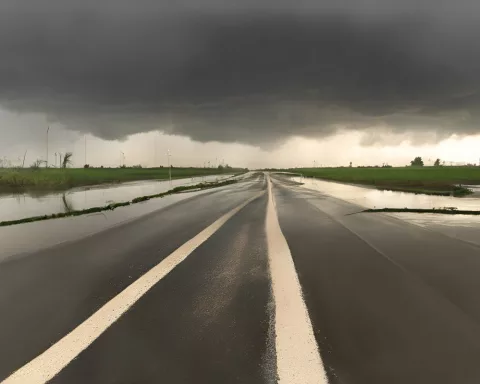Dr. Ivan Meyer, Western Cape Provincial Minister of Agriculture, addressed the Olynfenboschkraal Farmers’ Association in Citrusdal, outlining his priorities and concerns for the region’s agricultural sector. The Western Cape Government has emphasized research, education, farmer support, rural safety, market access, and climate crisis management, aligning with their focus on jobs, safety, dignity, and well-being.
Agriculture’s Contribution to the Economy
Agriculture and agri-processing are critical to the Western Cape’s economy, contributing 11% to the region’s GDP and employing over 426,417 people. Specifically, 16.2% of all jobs in the region are in agriculture, with 39% of employed individuals in the West Coast District working in this sector.
Challenges Facing the Agricultural Sector
Despite the positive outlook, Dr. Meyer expressed concern about the potential impact of the US’s African Growth and Opportunity Act (AGOA) exclusion on exports. The agriculture sector in the Western Cape relies heavily on exports, so any threat to market access could damage the economy. Additionally, the proposed race-based approach to water license allocation poses a significant risk to the sector’s growth.
Opposition to Race-Based Legislation
Dr. Meyer urged Minister Senzo Mchunu to abandon the proposed Draft Water Regulations, which make distinctions based on race. The Western Cape Government has already resolved to oppose this race-based legislation, fearing that it may hamper the sector’s ability to contribute to economic growth and job creation.
Protecting Jobs and Economic Growth
More than 136,000 jobs in the Western Cape’s agricultural sector are dependent on AGOA, spanning across various industries. Dr. Meyer emphasized that any regulation that threatens jobs should be considered bad policy, especially given the country’s high unemployment rate and growing inequality. Instead, the government should focus on creating an enabling economic environment for growth.
Recognition for Farmers’ Association
In a gesture of appreciation, Dr. Meyer presented a certificate of appreciation from the Western Cape Government to Kris-Jan Mouton, the President of the Olynfenboschkraal Farmers’ Association. The Association’s contributions to the community have not gone unnoticed.
The Western Cape’s agricultural sector remains vital to the region’s economy and job market. However, it faces challenges such as potential exclusion from AGOA and the proposed race-based water regulations. It is crucial for the government and stakeholders like the Olynfenboschkraal Farmers’ Association to work together to address these issues and support the industry’s growth.












